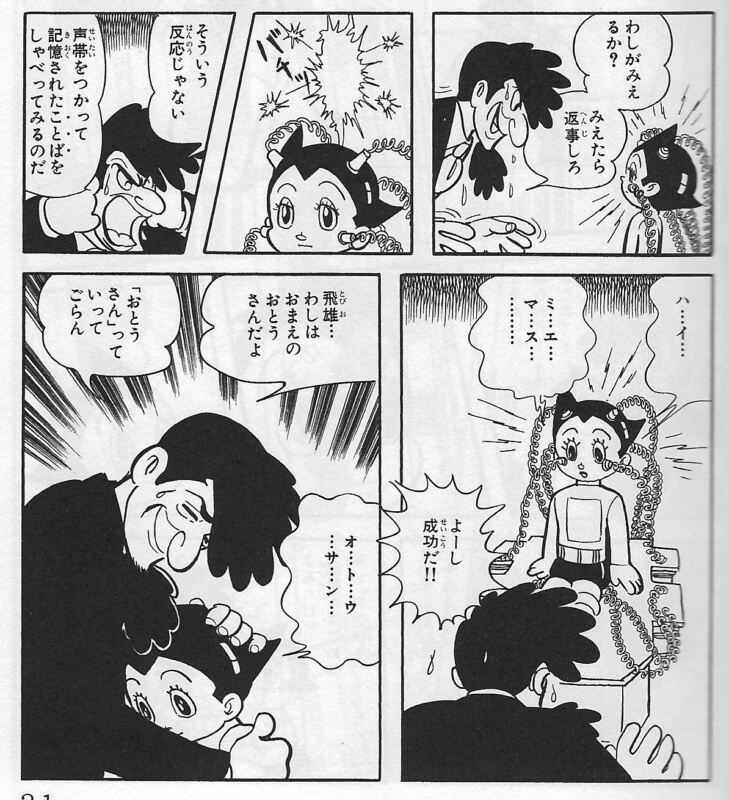 When President Obama officially declared the 2009 H1N1 outbreak a national emergency over the weekend, I thought, “good. Now it’ll force Americans to wear masks when they’re sick, or if they don’t want to get sick, like in Japan.
When President Obama officially declared the 2009 H1N1 outbreak a national emergency over the weekend, I thought, “good. Now it’ll force Americans to wear masks when they’re sick, or if they don’t want to get sick, like in Japan.
The Japanese (and other people throughout Asia) have always worn face masks to prevent the spread of illness. It’s partly out of personal interest — so they won’t have to breath in allergens, pollutants or other peoples’ yucky germs. But it’s also out of plain politeness and consideration — to keep your own damn germs to yourself.
H1N1, or as lots of people still call it, Swine Flu, is the first time in my memory in the U.S. that everyone is being reminded of simple ways to stay healthy with hygiene (wash your hands often) and even told how to sneeze or cough (into your elbow). At my office building, hand sanitizer dispensers have magically appeared everywhere from the lobby to the bathrooms. And, there are signs and poster everywhere, including on the door to the bathroom and on the paper towel dispenser in the bathroom, with diagrams showing people how to sneeze into their elbows, and to wash their hands.
I always thought it was gross when someone sneezed or coughed into their hands, which was what our parents taught us when we were told to “cover your mouth,” but then extended their hand in greeting. Continue reading




 Help out a brother and sister, everyone. Lori Fujikawa-Choy and Jackson Choy are newlyweds from Long Beach, California. She’s Japanese American; he’s Chinese American, and they both love Thailand. They first went to Thailand as “college sweethearts” (awww, aren’t they cute!) to do some volunteer work there and fell in love with the country and its culture. They’ve traveled there several times since then, but now they need your help to go again… as guests of the Thai government.
Help out a brother and sister, everyone. Lori Fujikawa-Choy and Jackson Choy are newlyweds from Long Beach, California. She’s Japanese American; he’s Chinese American, and they both love Thailand. They first went to Thailand as “college sweethearts” (awww, aren’t they cute!) to do some volunteer work there and fell in love with the country and its culture. They’ve traveled there several times since then, but now they need your help to go again… as guests of the Thai government.

 I’m starting to dread Hallowe’en. It seems like every year, there’s some new offensive costume that makes racist fun of Asians or perpetuates a racial stereotype. I wrote about this back in 2002, when a really sick costume called “
I’m starting to dread Hallowe’en. It seems like every year, there’s some new offensive costume that makes racist fun of Asians or perpetuates a racial stereotype. I wrote about this back in 2002, when a really sick costume called “





